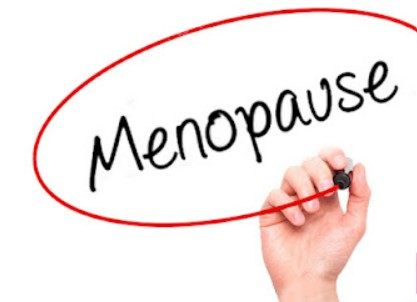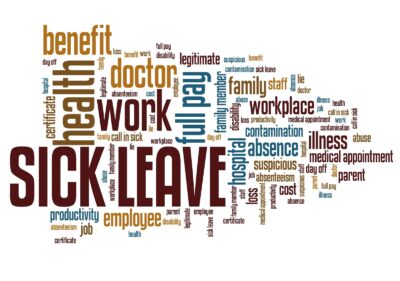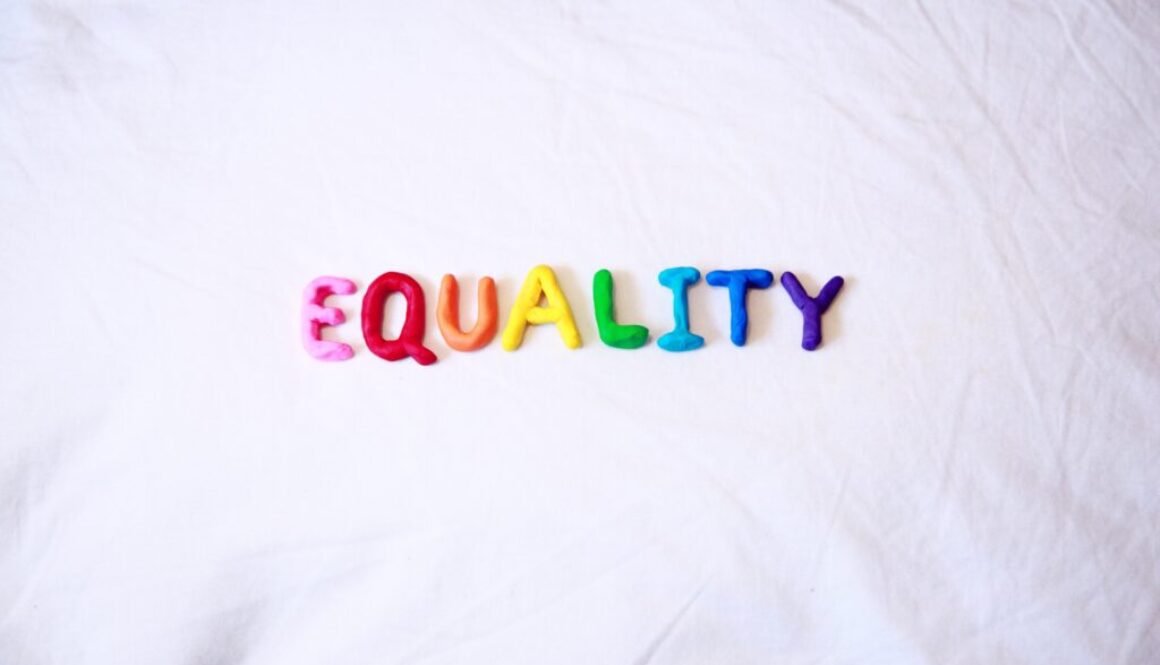When Workplace Banter Becomes Bullying | Consensus HR in Herts, Beds
Latest blog:
Workplace bullying disguised as banter has affected 32% of people in the UK. This is a worrying fact arising from research by law firm Irwin Mitchell, 2023.
Words that one person finds funny can cause offence to someone else. Workplace banter is a sensitive area that’s involved with an increasing number of employment tribunal cases. In 2022, 66 claims were made, including comments which could be considered bullying or harassment.
Employers must take this seriously. In 2023, an employment tribunal heard from Miss Hunter who was employed by Lidl from 5 February 2019 to 23 August 2021.
Just because an employee has a protected characteristic, this doesn’t mean that everything that happens to them in the workplace is because of that characteristic.

Miss Hunter brought claims for direct sex discrimination, harassment, equal pay, constructive unfair dismissal and unlawful deduction of wages. She claimed that a colleague:
- initiated conversations in an attempt to discuss her love/sex life,
- regularly touched on the bum, thighs, waist, and
- frequently attempted to hug her.
This was despite making it clear that this was unwanted attention and should stop. The behaviour only stopped because another colleague witnessed this and told the person to stop.
In addition to receiving this harassment, Miss Hunter was placed on the wrong salary band when promoted to a shift manager role on 1 August 2020. This meant she received lower earnings than two male shift manager colleagues. Also, her pay was automatically deducted although she did take the (unpaid) breaks she was entitled to.
The Employment Tribunal found in Miss Hunter’s favour awarding her £50,884, inclusive of £22,000 award for injury to feelings.
Other recent Employment Tribunal cases include:
- A manager being called a homophobic name.
- An Indian employee being called a “cheeky monkey” during a round of golf.
- A female employee being called “menopausal” and a “dinosaur”.
- An insinuation that an employee must be gay because they don’t like football.
In each case, banter was used unsuccessfully as a defence (HR Magazine).
‘Banter is often used as an excuse to cover up poor attitudes and behaviours,’ says Matthew Chilcott of Consensus HR. ‘What may seem like harmless fun may cause upset. Ultimately, if you had to explain the comment and humour involved, would it seem fair and innocent?’
If it is proven that one of the protected characteristics is discriminated against, compensation awards can be:
- an unlimited amount, and
- applied from the person’s first day of employment with the company involved.
When is workplace banter ok?
Lawyers GQ|Littler explain that there are circumstances when “banter’ can be used as a justification. These are when:
- the conduct wasn’t unwanted, i.e. if the employee also engaged in similar behaviour and jokes,
- the behaviour was not connected to a protected characteristic (see above), and
- the employee wasn’t offended by the conduct, or it wasn’t reasonable for them to have been offended.
‘Employers should introduce clear policies, communication and staff training to ensure their workplace offers respect and equality for all employees,’ explains Matthew. ‘This doesn’t mean the end of workplace humour though! People should just avoid jokes that may cause offence, especially those relating to protected characteristics.’
Consensus HR offers a range of services to ensure your company complies with employment law and offers robust, fair HR policies. To find out more and ensure you are a fair, inclusive employer, arrange an initial chat with Matthew, without obligation or HR jargon.
To view more about our range of HR & Employment Law Services
Are you concerned about keeping your business up to date with Employment Law changes?
Your Outsourced Human Resources (HR) Department.
For further information on any of the HR subjects we provide, please click the heading below:
































